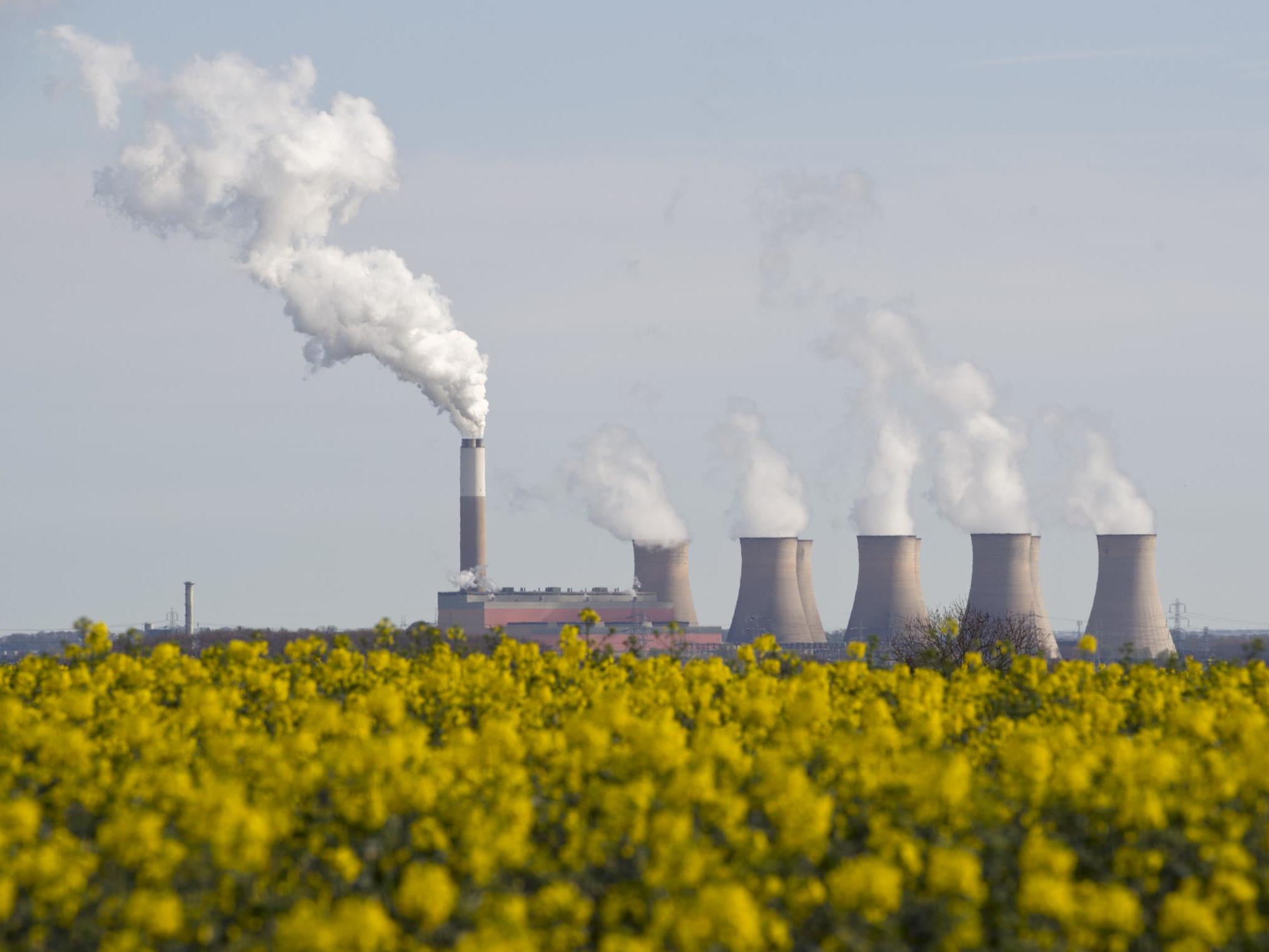UK lockdown causes estimated 1,700 avoided deaths from lower air pollution, study shows
Research has shown a reduction of approximately 40 per cent in average level of nitrogen dioxide (NO2) pollution over last 30 days

The UK’s efforts to combat coronavirus has led to an estimated 1,700 avoided deaths due to lower air pollution, a study has found.
Research carried out by the Centre for Research on Energy and Clean Air (CREA) showed that over the last 30 days there has been a reduction of approximately 40 per cent in the average level of nitrogen dioxide (NO2) pollution and a 10 per cent reduction in the average level of particulate matter pollution.
That has collectively meant an estimated 11,000 deaths from air pollution have been avoided across Europe.
Moreover the impact of reduced air pollution will mean 1.3 million fewer days of work absence, 6,000 fewer new cases of asthma in children, 1,900 avoided emergency room visits due to asthma attacks and 600 fewer preterm births in the coming months and years. So while there is great strain on the NHS currently, the research suggests it could have been worse had there not been a significant reduction in air pollution, especially given people with pre-existing conditions have been proven to be more vulnerable to the virus.
Current data show that there have been in excess of three million cases of Covid-19 globally, with a death toll fast approaching 220,000, while there have been 26,000 fatalities in the UK alone.
Coal power plants in the UK have not been generating power for more than two weeks, which has contributed significantly to the changes in air pollution.
While not something to celebrate, the inadvertent side effect of the crisis has therefore shone a light on the major public health benefits from reducing coal and oil burning in just one month.
Average life expectancy in the European Union is shortened by an estimated eight months due to pollution exposure, according to the WHO.
While the findings also echo calls from the UN for key decision-makers in Europe and beyond to put clean air, clean energy and clean transport at the heart of their plans to recover from this crisis.

UN secretary general Antonio Guterres said: ”As we plan our recovery from the coronavirus pandemic, we have a profound opportunity to steer our world on a more sustainable and inclusive path — a path that tackles climate change, protects the environment, reverses biodiversity loss and ensures the long-term health and security of humankind.”
Despite CREA’s findings, air pollution has already heightened the risk of Covid-19 for many people suffering from pre-existing conditions, including diabetes, lung diseases, asthma, heart disease and cancer.
“The measures to combat the COVID-19 epidemic have resulted in unprecedentedly dramatic reductions in coal and oil burning, and associated air pollution in Europe,” explained Lauri Myllyvirta, lead analyst for CREA.
“This reduction in pollution has helped alleviate pressure on the health care system during this crisis. Furthermore, our analysis highlights the tremendous benefits for public health and quality of life that could be achieved by rapidly reducing fossil fuels in a sustained and sustainable way.
“As we are all anxious for life and business to return to normal, no one is looking forward to the return of fossil fuel pollution. It is vital for European decision-makers to prioritise clean air, clean energy and clean transport as a part of the plans for recovering from the crisis.”
While Professor Stephen Holgate, professor of immunopharmacology at the University of Southampton, insists CREA’s research shows a return to previous levels of air pollution once lockdown measures are lifted will provide further strain on the NHS.
“This report is a timely reminder of how deadly air pollution is,” claims Professor Holgate. “The NHS is fighting Covid-19 with everything it has and returning to previous levels of air pollution would only make that fight harder.
“As we look forward to the lockdown lifting, we must protect the most vulnerable to the effects of dirty air, including people who are recovering from Covid-19, children and the millions of people suffering from conditions like asthma. We have the solutions and the last few weeks have shown we can all do what’s necessary to save lives.”
Join our commenting forum
Join thought-provoking conversations, follow other Independent readers and see their replies
Comments